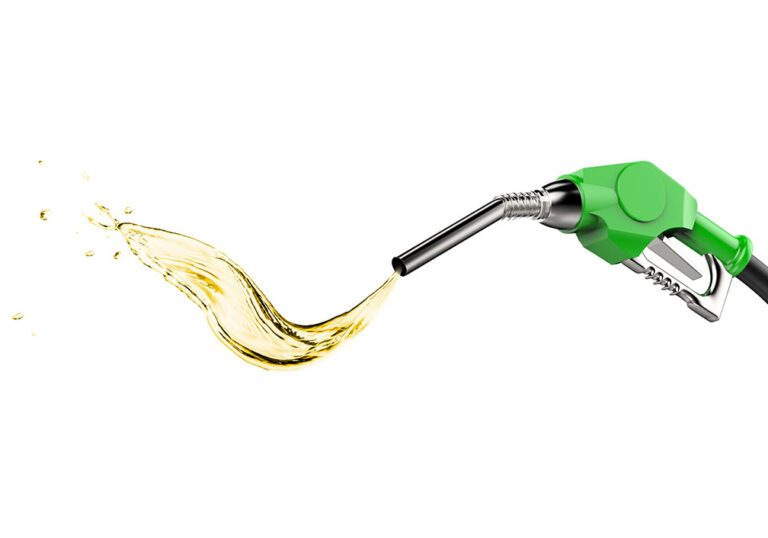NORTH KINGSTOWN, R.I. — New data from fuel additive and lubricants company Howes Products shows that a third of truck drivers who responded to a February survey didn’t know the benefits of treating their fuel year-round.
According to a news release, other survey highlights include:
- Almost one-quarter (23%) of consumers noted they don’t think their engine requires regular fuel treatment.
- While a majority of respondents (72%) treat their fuel year-round, close to one quarter (24%) only treat in the winter season.
- Among the benefits reported through regularly treating fuel, a majority of respondents (69%) noticed enhanced water removal as a result, followed closely by increased power and performance (63%), improved fuel economy (57%), and less maintenance (48%).
Howe’s didn’t provide a specific number of survey participants, saying only that it included “hundreds.”
“Our nation’s truckers have remained incredibly resilient despite the seemingly constant fluctuation of their operational costs and economic uncertainty,” Rob Howes II, president and chief testing officer at Howes Products, said. “While we can’t control the price of diesel or unforeseen impacts to the sector, we do know that a routine fuel treatment regimen is proven to help mitigate additional costs along the way, maximizing your efficiency, safety and performance.”
Applying the numbers from the survey, the typical owner/operator averages about 120,000 miles per year or approximately 2,500 miles per week, according to Howes.
“Implementing a consistent fuel treatment plan can result in thousands of dollars in savings over the course of a year, all while improving the overall health of a vehicle’s engine,” the news release stated. “Observing that close to one quarter (24%) of surveyed truckers only treat during the winter, there is a considerable amount of opportunity for drivers to better understand the benefits of year-round treatment.”
Howes said that “A cleaner engine runs better and more efficiently; it’s that simple. Quality additives that clean and increase the lubricating power of your fuel offset the negative effects of today’s Ultra Low Sulfur Diesel. Consistently treating your fuel can also protect against carbon, gum and varnish deposits that often cause damage to critical engine components, such as injectors. What’s more, having the ability to significantly improve your fuel economy through regular, year-long treatment maintenance can go a long way for any trucker looking to save both time and money.”
The Trucker News Staff produces engaging content for not only TheTrucker.com, but also The Trucker Newspaper, which has been serving the trucking industry for more than 30 years. With a focus on drivers, the Trucker News Staff aims to provide relevant, objective content pertaining to the trucking segment of the transportation industry. The Trucker News Staff is based in Little Rock, Arkansas.











